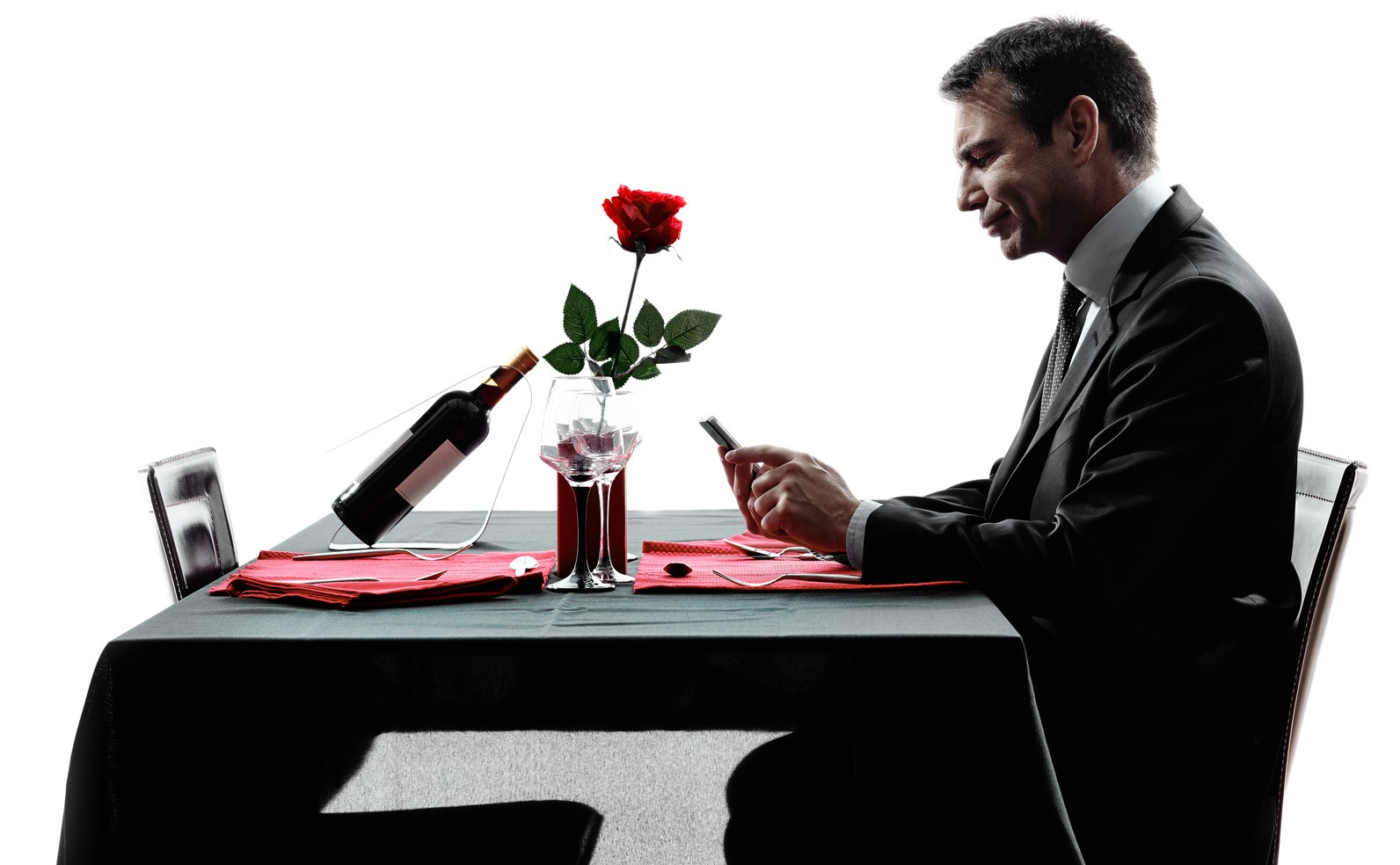While fine dining is taking off throughout New Zealand, sometimes it seems like diners and their manners aren’t quite keeping pace. Restaurants are countering this by taking deposits upon booking, with some insisting on a cancellation fee of almost $200. However, legal experts are warning that taking a deposit could open up restaurant owners to a whole raft of additional responsibilities, thanks to the murky world of contract law.
Tony Stewart, owner of Clooney in Auckland, charges diners $120 if they cancel within six hours of the arranged time. He has enforced the fee six times this year.
“I just think it's rude that people would not show up without notifying,” he said. “I totally understand if something comes up, someone's unwell, there's reasons. But there's just not a situation I believe you shouldn't make a phone call, it's disrespectful. Our head spend is about $250, and this is a tough industry. When you've got a booking you cherish it, and to have a table empty when we had the potential of booking it is really tough.”
Chris Martin, manager of The Grove in Auckland, said that the restaurant’s $99 cancellation fee was very rarely enforced.
"Very seldom do we do it, it's literally a deterrent. We put it there to say if anything happens, just call us. We don't want to alienate our guests so a lot of the time we just rebook them. No-shows are a massive one in Auckland."
According to Consumer NZ, making a booking with a restaurant creates a contract between both parties. If the person who made the booking doesn’t show up, the restaurant can rightly claim that the would-be diner has broken the contract and the restaurant has suffered damages – an empty table – as a result. The restaurant also has a responsibility to the customer, which can become more concrete with a deposit. Dr Simon Connell of the University of Otago said that in making a deposit, the customer would have a stronger claim to any losses that they have suffered if the restaurant could not cater to them.
“In the case of a customer, it might be money that they spent on travel to get to a restaurant or possibly being forced to pay for a more expensive substitute,” Connell explained. “Parties can usually only seek compensation for losses that they actually suffered, and there’s an obligation to take reasonable steps to mitigate any losses, so a restaurant usually can’t expect compensation if a booking was cancelled with plenty of time to find a replacement.”
It is lawful for a restaurant to require a deposit to secure a booking.
“It’s a little less clear exactly when a restaurant can keep the deposit in the case of a cancellation or no-show by the customer,” Connell said. “It’s more likely that a restaurant will be able to retain a deposit if it’s made clear to the customer during the booking process that that might happen (that the deposit is to protect the restaurant and not just for the purpose of securing the booking), the later the customer leaves the cancellation, if the booking is for a large group or involves special preparation, or if the deposit is not extravagant in relation to any losses that the restaurant might suffer.”
Should a contract be breached, and damages sought from either side, it is in the restaurant’s best interest to be as clear as possible at the time that the booking is made. The customer needs to be aware of the agreement they are entering and the penalties for failing to show up.
“There will often be some uncertainty over matters like how late the customer can be before they’ve breached the contract, and exactly how to quantify the losses that a restaurant has suffered, because what customers spend can vary,” Connell said. “These sorts of uncertainties can mean that a booking contract may be difficult to enforce. There might be less uncertainty if the restaurant provides more details as part of the booking process.”
Historically, New Zealand contract law did not allow parties to include clauses in their contracts to discourage promise-breaking – as is the case with The Grove’s $99 cancellation fee, which Martin admitted served as a deterrent. However, the law is less strict now, and may allow a restaurant to keep a small deposit even if they are able to re-fill the booking.
Restaurant Association CEO Marisa Bidois said that the association had been involved in compensation talks before, when restaurants had gone after large groups who failed to show up.
“In the cases we have been involved in, they have usually been settled before they reach the court stage.”
Bidois said that reservation insurance policies were becoming increasingly common and said that the Restaurant Association advised business owners to set it at 30 to 50 percent of the average spend, if the restaurant decided to enforce one at all.
“That said, at the end of the day wouldn't cover all of their costs. If they've hired an extra staff member that evening they still would be paying that person,” she said. “It's been discussed for a number [of] years but I think more people are realising it does have a huge effect on the bottom line having no-shows, and they need to create a system to protect their business.”
The issue has recently come to a head in Ireland, where the head of the Restaurants’ Association of Ireland has been investigated by the Competition and Consumer Protection Commission for encouraging restaurants to charge €20 to diners who fail to show up. The CCPC said that while it had no objection to restaurants deciding to charge for no-shows, it was in breach of competition law for a trade body to coordinate action throughout the industry.
“Under competition law, a trade association must not attempt to co-ordinate the conduct of its members, for example, by advising, recommending or suggesting the terms and conditions under which a service should be provided or the price that should be charged,” it said in its ruling.






